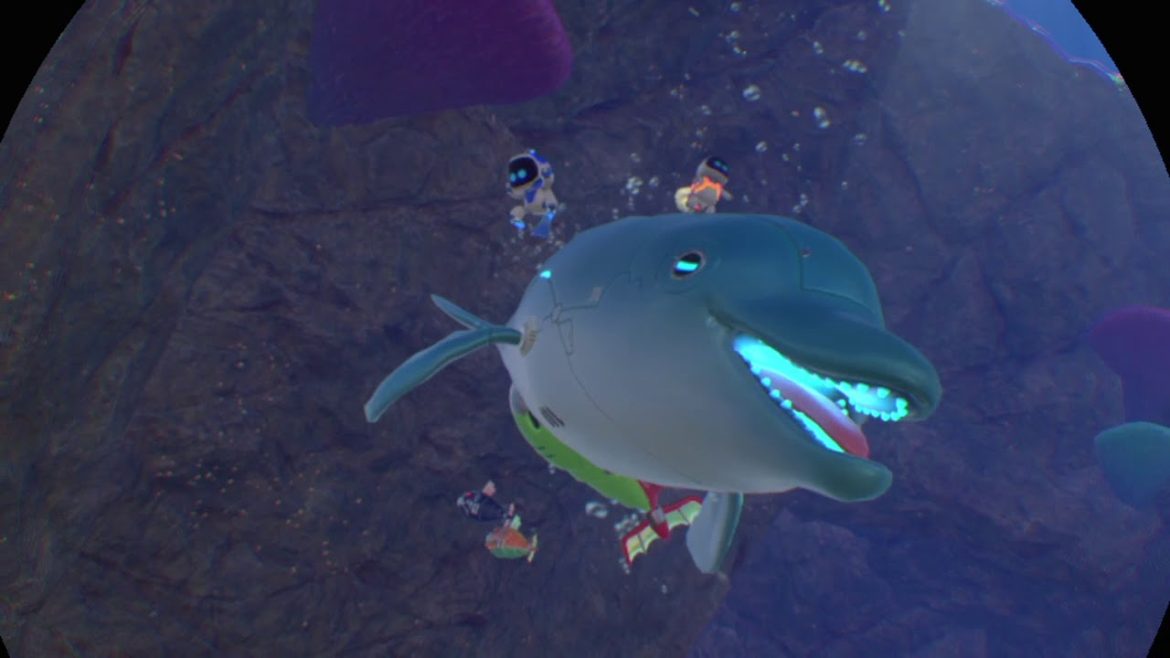Welcome back readers.
Our latest monthly Patreon post is now live! In it, Kaile recaps not only highlights in crit from the past month, but also some exciting new updates to our backend and site functionality. No, really!
This Week in Videogame Blogging is a roundup highlighting the most important critical writing on games from the past seven days.
Shader Cache
Our opening pieces this week explore intersections of genre and mood.
- Spoopy, Not Spooky: The Intersections of Cozy Games and Horror | Unwinnable
Emma Kostopolus squares the circle of the venn diagram between cozy and spooky. - FULL TIME REALISM | DEEP-HELL
Skeleton Dreads the Delusions of genre, nostalgia, and aesthetics.
“There are gods everywhere in Fantasy and Fiction if you’re looking for something to believe in: and underneath all of the folklore and mysticism we’ve built into pop-culture there’s something new there, too. Dread Delusion can provide a connection to your own imagination, maybe, but it is steadfast and hollow where I dream of silt-strides and all things that have come before. There’s a touch of shade and a well of deep reds and violets screaming out of my computer monitor at me. I hide in them for awhile, but I find myself growing out of stories about the burden of duty.”
What’s in Play
Here are some critical reviews and impressions that caught our eye this week, exploring new-and-recent titles across a range of genres and audiences.
- Cobalt Core—the good parts of Slay the Spire | Fogknife
Jason McIntosh reflects on a gentler, more emotional deckbuilder. - Astro Bot Isn’t A Celebration, It’s A Graveyard | TheGamer
James Troughton laments that even when they’re offering something fresh and new, in some ways Sony is still just playing the hits. - Paper Mario: The Thousand-Year Door Papers Over Its Problems | Gamers with Glasses
I don’t think Kat would like Sticker Star much at all.
“I’ll say it again, because I mean it: the papercraft aesthetic rules. But Thousand-Year Door’s mistake is its attempt to ride on the charm of that one gimmick – everything’s made of paper! – for thirty hours.”
All by Design
This section takes an expansive approach to design, encompasing mechanics and structure but also culture and context.
- What was going on in that Tomb Raider reboot anyway? | Breaking Arrows
Steven Santana positions Tomb Raider 2013 negatively as a linchpin of design, market, and culture trends which continue to define the industry today. - Thank Goodness You’re Here Finds Humor In Video Game Time Wasting | cohost
Jeremy Signor revels in the rickety game logic of quest progression, event flags, and state advancement. - Advancing Together | Unwinnable
Phoenix Simms sits down with game designer Nikhil Murthy to chat about opening up the 4X toolbox into a more imaginative, postcolonial vision.
“Murthy took a western game he grew up with, similar to the team at Sticky Brain Studios, and consciously made the decision to bring his personal experience to it. What results is a game built from the ground up as both a needed intervention and a deconstruction of a genre that has a lot of political potential, but which often repeats its own history of design. Moving forward, Murthy told me that he’s planning for a future project, one that will iterate on the design philosophy he’s developed for Syphilisation. Even if a game isn’t explicitly Postcolonial, he plans to always keep “writing history from below, connecting ends to means, considering cooperation instead of competition, quieting the core fantasy and attacking the authority of the author” are part of his toolbox for all of his design work now.”
Close Reading
Here are the deep reads we enjoyed digging into this week, exploring text and theme.
- Localization Let’s Play: Phantasy Star (Sega Ages/GBA) | cohost
Liz Bushouse begins a cross-linguistic analysis of one of the earliest major RPG games to see western commercial localization. - a very timely analysis of hades one (1) and why the ending is kind of ass | Carlito Calzone
Nicanor Gordon identifies a lack of agency in the reconciliation of Hades‘ immortal family. - The Optimistic Fungal Horror of Ender Lilies | Sidequest
Kathryn Hemmann considers how characters in Ender Lilies respond to an inevitable, ever-changing world.
“What makes Lily and her companions “human” is not the normative sanctity of their bodies, but their willingness to work together despite the knowledge that the transformation of their world cannot be reversed. The rapidly shifting environment may eventually return to a more stable equilibrium, but this will take time. In the meantime, Ender Lilies suggests, the survival of what makes us human will be dependent on our willingness to cross borders and embrace change.”
Critical Chaser
Our closing segment this week is all about getting that cheddar.
- What is Cheese Doing in Video Games? | The Cheese Professor
Elisa Shoenberger investigates the history of cheese in games as icon, theme, motif, and tactic. - Is It Ethical To Be A Billionaire In Neopets? | Defector
Sabrina Imbler offers critical returns from playing a webgame of Empire.
“I had not yet learned the word “capitalism” when I started playing Neopets, but I had already become a neoliberal—a Neo-liberal, if you will.”
Subscribe
Critical Distance is community-supported. Our readers support us from as little as one dollar a month. Would you consider joining them?
Contribute
Have you read, seen, heard or otherwise experienced something new that made you think about games differently? Send it in!


